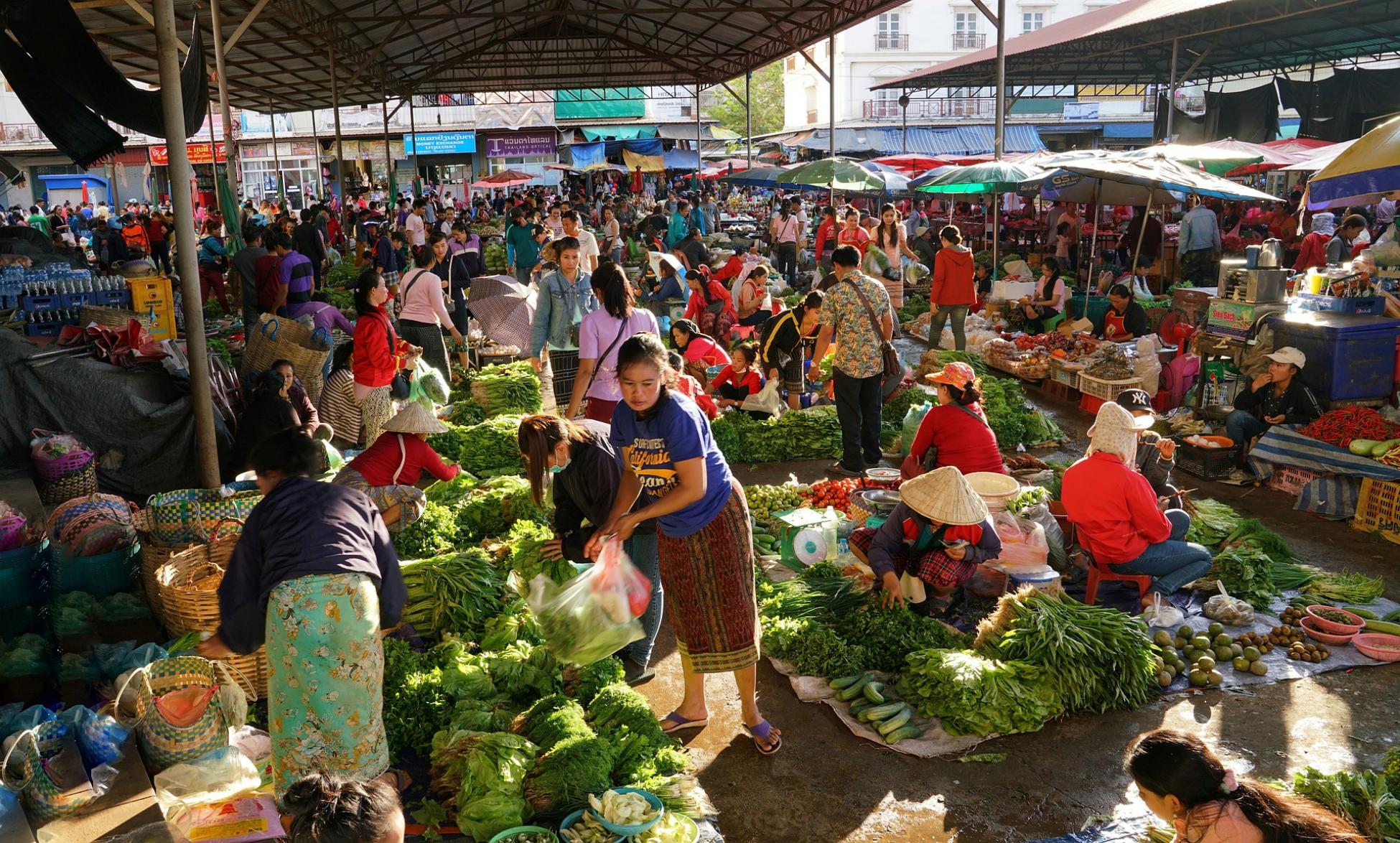Starting a new job is challenging; every organization has its own rules and workplace culture. Well, multiply that by a million when you start a new job on the other side of the world.
During my year-long volunteer position in Laos PDR (People’s Democratic Republic), I struggled to adapt. Laos and Thailand share laid-back “Isan” culture; in Laos, the “PDR” jokingly stands for “please don't rush.” I had to get used to everything moving slower than what I was used to. I also had the language barrier to deal with, as Laos ranks lowest in Asia for English proficiency.
Yet, I knew I was getting things right when my Lao coworkers started to ask me for help and invite me out after work. Our conversations got more personal, and that's when I really began to enjoy my volunteer placement.
If you're thinking about volunteering or working in Southeast Asia, there's no need to struggle for weeks (or months) to fit in. Here's how to best adapt to your volunteer placement.
1. Pointing out mistakes is a mistake
If I made an error in Canada, my boss would point it out and I would apologize. It wasn't fun, but it wasn't unusual, either.
In Laos, nobody directly addresses mistakes or apologizes for them. Drawing attention to an error—whether your own or a coworker's—causes a loss of “face.” This concept is similar to self-respect and losing face is considered terribly humiliating. To “save face,” expect your coworkers to cover-up errors.
So how do you deal when something goes wrong? One way is to ask your Lao coworker for “help with something,” without placing blame. For your own errors, take responsibility without apologizing. For example, if someone shows you that your meeting is scheduled during a day off, saying “thank you for telling me about the schedule” works better than “I totally screwed that up.”
2. Don't expect things to happen fast
If I asked a coworker in my home country to check over next week’s work schedule, I'd expect them to do it right away; usually within the day.
Well, don't expect that in Laos, where time is viewed differently than North America. Instead of rushing to cram life into every moment, Lao people are patient and accept that things will happen eventually. In your workplace, this means that even urgent things will rarely get done right away.
“Have patience and understand that the different cultural and economic systems may not be at the pace you're used to.”
“Have patience and understand that the different cultural and economic systems may not be at the pace you're used to,” says Canadian volunteer Carol Munro, who has volunteered three times in Laos with Cuso International. To adapt to the pace of work, she suggests: “Control your frustration, try a different way, or work on something else.”
3. Expect paperwork. Lots of paperwork
I used to work in an office that was virtually paperless. Sending messages through email, signing contracts electronically, and attending virtual meetings made for very little paperwork.
Notorious for its bureaucracy, the sheer amount of paperwork in Laos is wince-worthy. All approvals need to be hand-signed. Email is practically non-existent, making for a staggering number of printed memos, forms and documents. And then there's the bafflingly inefficient requirement to hand-deliver printed meeting invitations.
Instead of letting it drive you crazy, work with it. If you need to hold a meeting or get an approval signature, start your paperwork early. Look at the situation as another chance to practice your patience. (Remember what the PDR stands for?)
4. Don’t underestimate the power of lunchtime
Whether wolfing down leftovers at my desk or a slipping out to the food court, my lunchtime used to be either an interruption to my work or just another task I squeezed in between meetings.
If you work at an office in Laos, you'll realize lunchtime is an event. Not only is it a generous 90 minutes long, everyone stops work at the same time to eat together. Lunchtime is when coworkers relax, chat, gossip, and—most importantly for you—build friendships.
Being friends with your coworkers doesn't just make your workplace more enjoyable, it helps you get your work done. That was the experience of Canadian volunteer Tim Hirtle, an engineer volunteering with Cuso International in a Lao government office. When he started his placement he ate lunch alone at his desk, but quickly realized he was missing out.
"Definitely have lunch with everyone at work,” he says. “Even if they speak the Lao language and you don't understand anything they're talking about, it's important to just be there with them.”
5. Take organizational charts seriously
I've never given much thought to my company's organizational chart. To accomplish my day-to-day work, it was usually enough to know whom my direct manger was.
In a Lao workplace, people take the organizational chart very seriously. Thanks to the Lao government's devotion to hierarchy you'll find an org chart displayed in the lobby of every workplace in Laos, from banks to cell phone stores. Workers are well aware of who's above them all the way to the top. When one of the higher-ups visits your workplace, expect your coworkers to act nervous, respectful and serious.
As a volunteer, you're probably not even on the org chart, but you should still respect its importance. Take cues from your coworkers on how to show proper respect for their superiors, and be polite but not overly friendly when you're introduced.
It might feel like you're the only one struggling, but remember—your coworkers are struggling, too. You're different and they're trying to figure out how to act around you (and probably working up the courage to speak English with you). Ultimately, they want you to fit in just as much as you do.
This article was originally published in Verge's November 2018 issue.
Add this article to your reading list




